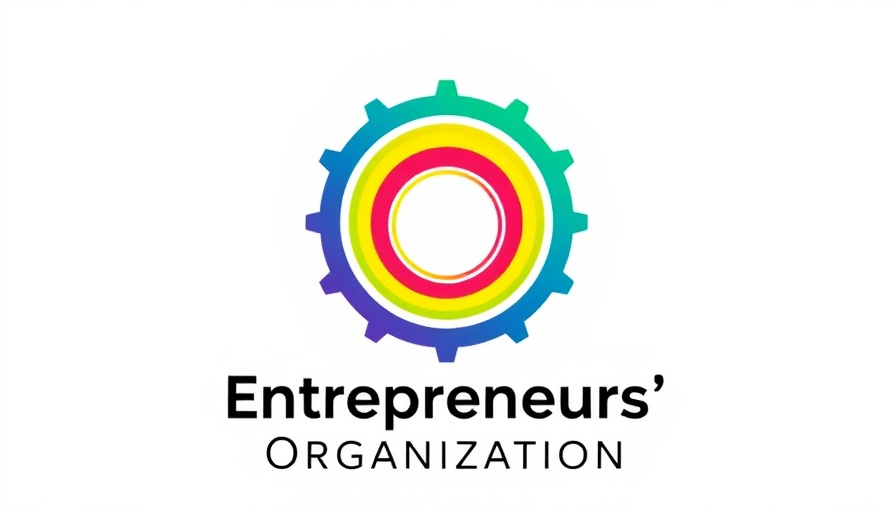
The Emerging Power of Agile Teams in Adopting AI
In today's fast-paced business environment, the rise of artificial intelligence (AI) poses both an exciting opportunity and a significant challenge. One crucial factor that distinguishes organizations in their approach to AI implementation is their internal culture—specifically, their readiness to embrace technology through agile methodologies. A recent survey indicates that agile teams, characterized by their flexibility and iterative processes, are winning the race to create AI-ready cultures.
Understanding Agile Methodologies
Agile methodologies originate from software development, emphasizing incremental progress and adaptability to maintain relevance in changing circumstances. Instead of formulating rigid, long-term plans, agile teams break work into smaller, manageable pieces. This approach empowers teams to quickly iterate, test, and adjust based on feedback. In essence, an agile framework facilitates collaboration, prioritizes tasks efficiently, and accelerates deliverables to align with customer needs.
Why Agile Teams Are Ahead of the Curve in AI Integration
The compelling data from the survey of 430 marketers offers profound insights into the role of agility in AI adoption. It reveals that agile marketers are more than three times more likely to have fully integrated AI into their operations compared to their non-agile peers. In fact, 36% of those identifying as 'fully agile' reported successful AI integration, while a mere 11% of 'somewhat agile' marketers experienced similar success. Alarmingly, none of the non-agile marketers reported full integration, highlighting the direct correlation between agility and the ability to harness AI's transformative capabilities.
Creating AI-Ready Cultures: Key Strategies for Leadership
Transitioning an organization into an AI-ready culture requires intentional leadership strategies. It's essential for leaders to provide supportive environments rather than merely issuing mandates for adopting new technologies. Research indicates that up to 73% of teams that embrace agile practices believe that leadership is crucial to their success. This highlights the necessity for leaders to assume the role of servant leaders, offering guidance and resources that empower teams.
Building Supportive Structures for Agile Practices
To cultivate an AI-friendly atmosphere, organizations must facilitate structures that nurture agile practices. This involves dismantling silos and promoting cross-departmental collaboration, allowing teams to share insights, improve processes, and learn collectively. Encouraging open dialogues where team members can voice concerns about AI technologies is also vital to mitigate fears of job displacement and resistance to change.
Future Trends: What Lies Ahead for Agile and AI?
As AI continues to evolve and embed itself into business processes, organizations must recognize the importance of agility as a prerequisite for success. Future trends suggest that companies adopting agile frameworks will not only lead in AI integration but also cultivate a workforce adept at continuous learning and improvement. This adaptability is crucial given the rapid advancements in technology.
Conclusion: Embrace Agility for AI Success
In conclusion, organizations aiming to successfully implement AI technologies must foster agile cultures that prioritize flexibility, collaboration, and supportive leadership. By focusing on these elements, businesses can embrace the transformative potential of AI while creating work environments that not only inspire confidence but also prepare employees for the new realities of the tech-driven landscape. Those who do will find themselves not just surviving, but thriving in this new era.
 Add Row
Add Row  Add
Add 




Write A Comment